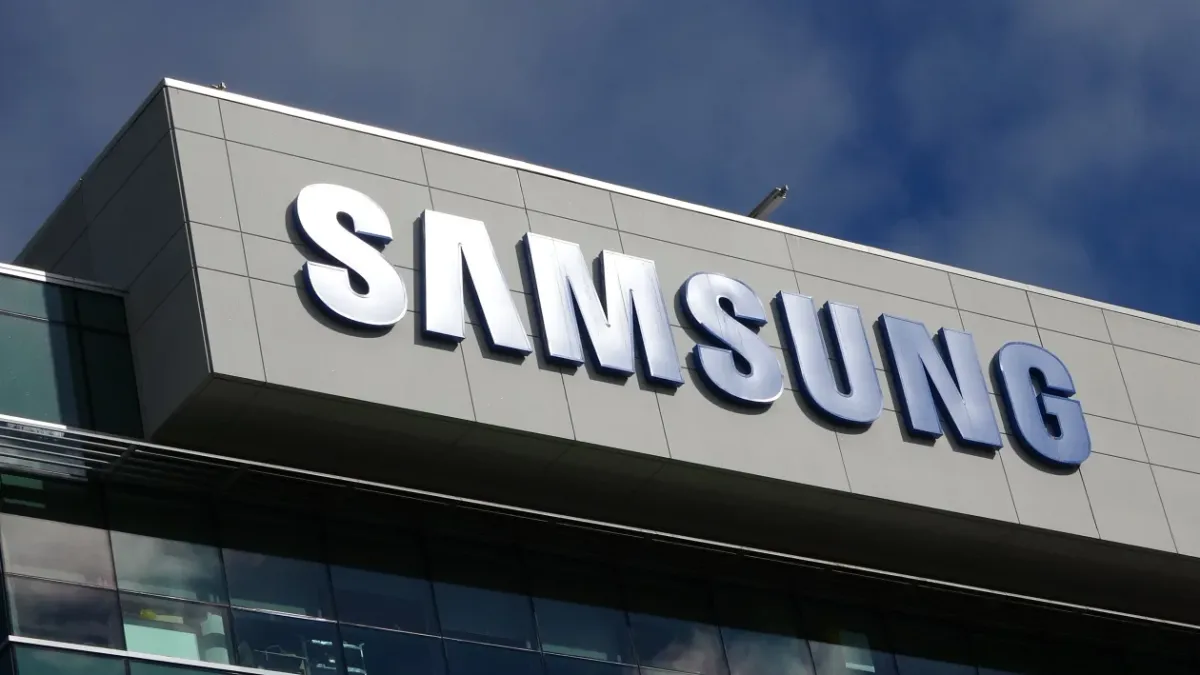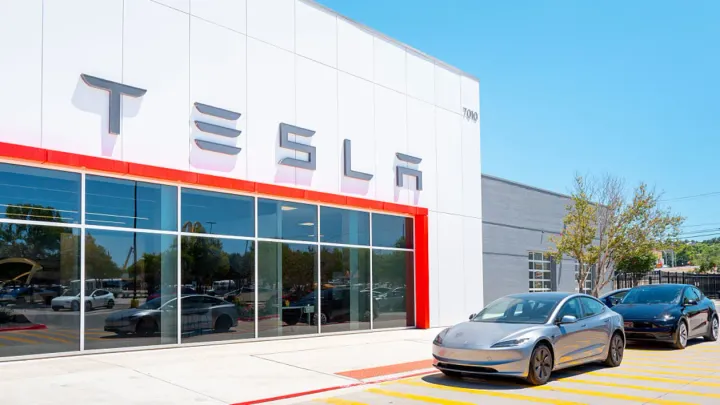Samsung's Profit Drops Over 50% As Chip Business Collapses—But There Are Glimmers of Hope

Samsung Electronics recorded a dramatic drop in its second-quarter operating profit, with numbers falling over 50% from the same period last year. The South Korean electronics giant reported a Q2 operating profit of 4.7 trillion Korean won ($3.38 billion), falling short of analyst forecasts and indicating the severe blow of a failing semiconductor industry.
Even as Samsung's sales increased modestly to 74.6 trillion won ($53.5 billion) from 74.07 trillion won in the previous year, its total profits were pulled down considerably by a virtual meltdown in its chip business. Its Device Solutions unit, which comprises memory chips, semiconductor design, and foundry services, posted an unprecedented 93.8% fall in operating profit on a year-on-year basis.
The chip segment itself had an operating income of just 400 billion won compared to 6.45 trillion won in 2024's corresponding quarter. Chip revenue also fell to 27.9 trillion won from 28.56 trillion won.
Samsung attributed several headwinds, such as memory chip inventory value adjustments and one-off expenses associated with U.S.-China export restrictions. Despite the headwinds, company officials expressed guarded optimism for the second half of the year.
Despite continued global economic woes spurred by unpredictable trade policies and geopolitical tensions, the IT sector looks to see a gradual rebound with growth propelled by growing strength in AI and robotics," CFO Soon-cheol Park said. He is looking for a bounce-back in performance in the second half of 2025.
Bright Spots in the Gloom
While the semiconductor business remains a cause for concern, Samsung's mobile and foundry segments were a welcome respite.
The Mobile Experience and Networks division came in with a very strong quarter, reporting an operating profit of 3.1 trillion won after 2.23 trillion won one year ago. Revenue for the segment also reached 29.2 trillion won in strong sales of the Galaxy S25 series, Galaxy A smartphones, and tablets.
The firm is positive about its new foldable phones and growing demand for AI-enabled devices. It also plans to continue leading the world in smartphone shipments with its current 19% market share.
Samsung's Foundry business, which manufactures chips for outside customers, is also counting on the future growth. It has started mass production of its next-generation 2-nanometer chips and has just won a huge $16.5 billion contract to provide AI chips to Tesla. While the whole extent of this deal is not known, Elon Musk has said it could be even larger.
But challenges remain. Excessive production expense at Samsung's new factory in Taylor, Texas, and strong competition from Taiwan Semiconductor Manufacturing Company (TSMC) continue to bear down on the division's profitability.
A one-time leader in memory chips, Samsung is increasingly losing ground to SK Hynix, which has established itself as the leader in high bandwidth memory (HBM)—a key element for AI computing. Counterpoint Research recently issued a report announcing that SK Hynix had overtaken Samsung in memory revenues during Q2 2025.
Samsung is racing to receive its HBM chips certified by Nvidia, but analysts expect SK Hynix to keep its HBM advantage for the rest of the year.
In spite of this, Samsung states that it will be focusing on developing its high-value-added and AI-based semiconductor products during the coming months.
Frequently Asked Questions (FAQs)
Why did Samsung's operating profit fall so drastically this quarter?
Samsung's operating profit fell primarily because of a 93.8% decline in its chip business. Weak demand in the semiconductor industry, export curbs, and inventory adjustments led to this sharp fall.
How did Samsung's mobile division fare despite the overall profit decline?
Its mobile business remained robust, reporting an operating profit of 3.1 trillion won due to high sales of the Galaxy S25 and Galaxy A series phones. This mitigated some of the losses in the chip business.
Why is Samsung's new chip contract with Tesla important?
Samsung has won a $16.5 billion agreement to provide Tesla with AI chips, perhaps manufactured at its Texas fab. The transaction may enable Samsung to sign up new foundry clients, although profitability issues persist on account of costly U.S. production.
Is Samsung losing its position as the lead player in the memory chip market?
Yes, Samsung is being aggressively challenged by SK Hynix, particularly in the high bandwidth memory (HBM) segment. SK Hynix has caught up with Samsung's memory revenue in Q2 and is likely to continue leadership in HBM until year-end.
What is the second half of 2025 outlook for Samsung?
Samsung anticipates a second-half recovery at a gradual pace, led by demand for AI, new mobile launches, and growing foundry shipments. Macroeconomic and geopolitical risks, however, still represent a major hurdle.



